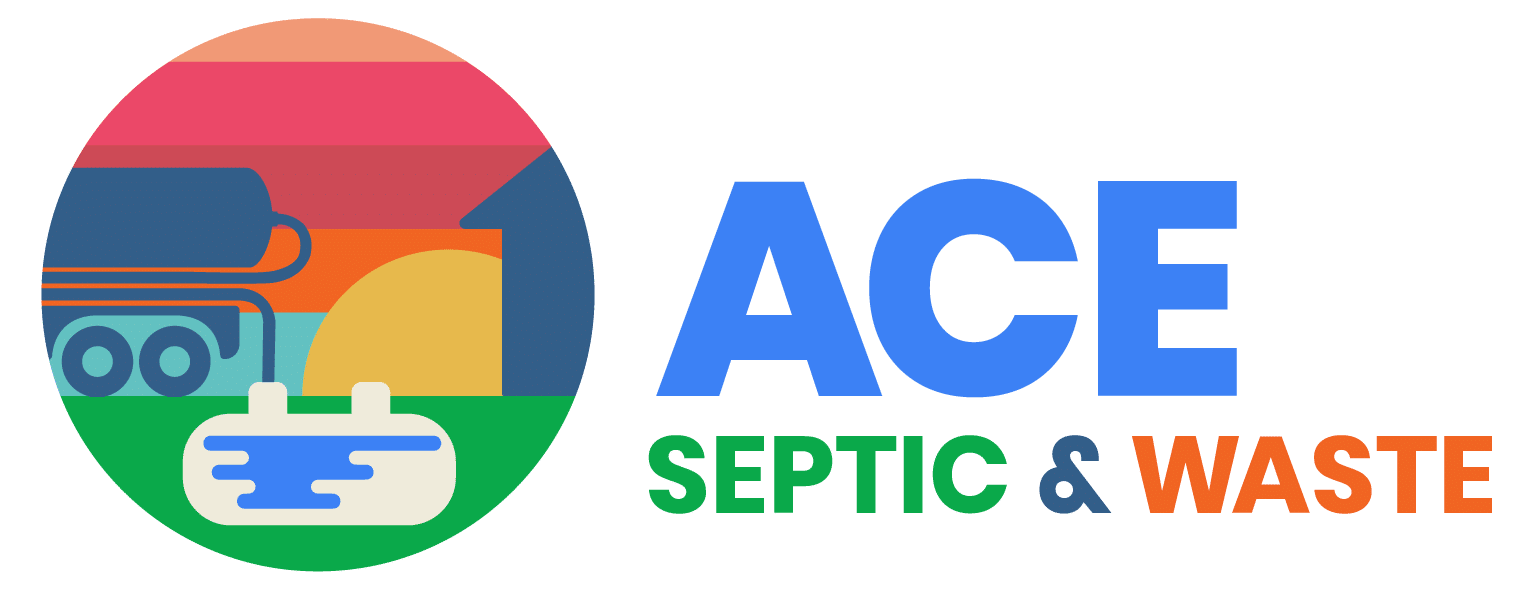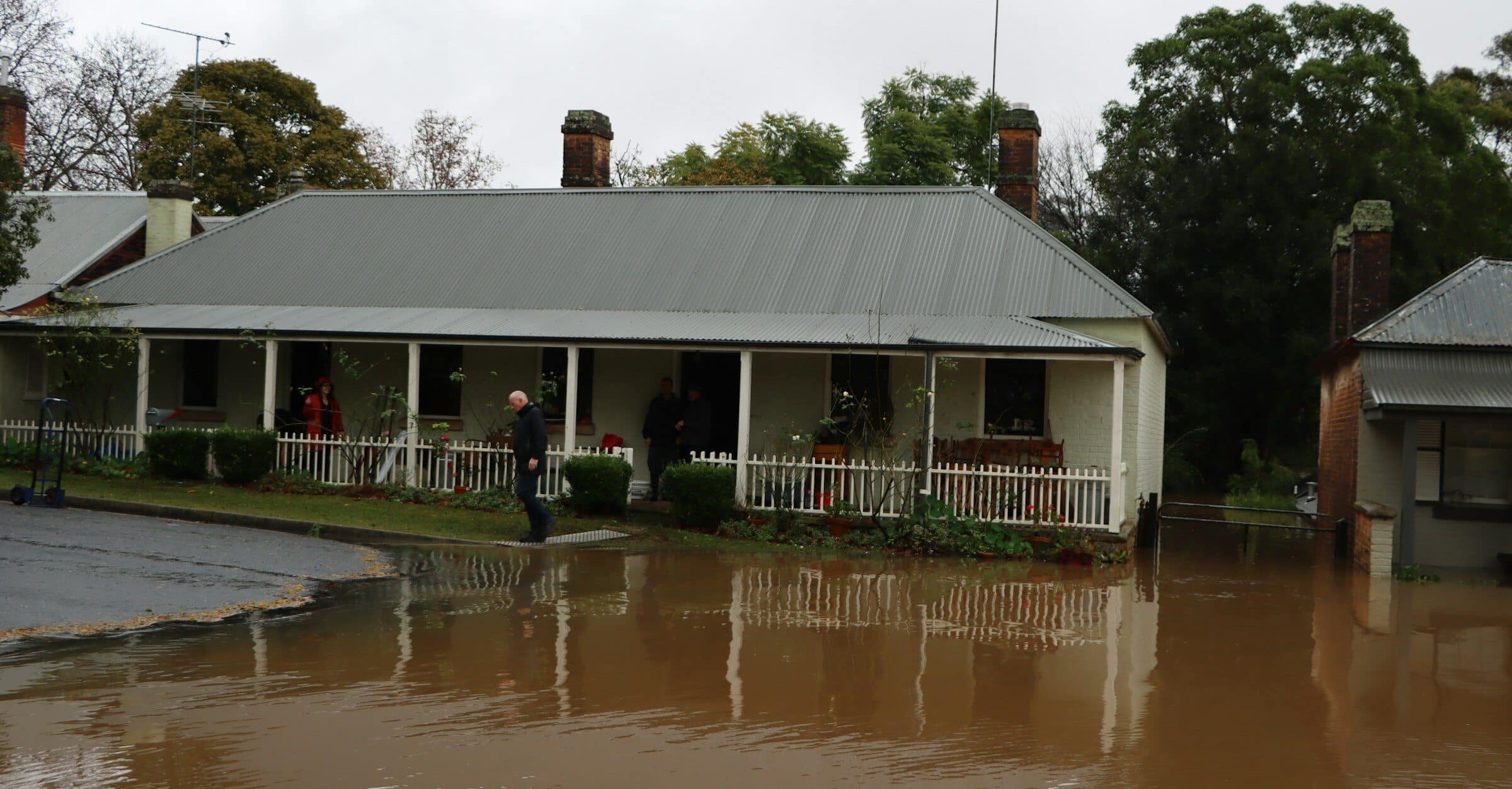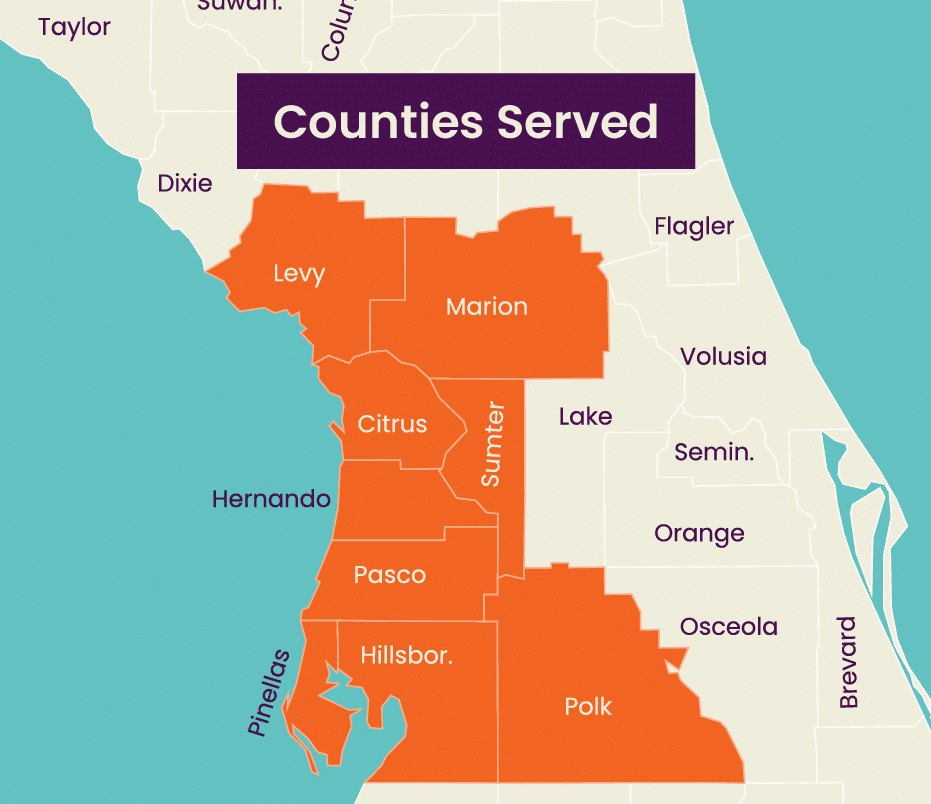Florida’s diverse landscape and unique environmental conditions pose significant challenges to its wastewater management systems. Recent incidents of lift station failures across the state offer valuable lessons in understanding, preventing, and addressing these critical issues. By analyzing these failures, we can learn how to maintain efficient and safe sewage systems.
The Underlying Causes of Lift Station Failures
Motor and Pump Failures
A common thread in many lift station failure stories is the breakdown of crucial components like motors and pumps. In 2019, Panama City saw an electrical/mechanical failure at lift station #81 that led to the release of over 50,000 gallons of raw sewage. Similarly, Jacksonville witnessed a significant spill due to a pump failure at a regional wastewater site, causing about 90,000 gallons of sewage to overflow into Pottsburg Creek. These instances underscore the importance of regular checks and maintenance of motors and pumps to prevent breakdowns.
Aging Infrastructure and Pipe Damage
Another critical issue is the aging infrastructure and resulting damage to pipes and other components. In several cases, like the GRU lift station failure that led to wastewater spill into Possum Creek, the underlying problem was aging equipment that could not withstand current operational demands. Regular inspection and timely replacement or upgrading of old systems are crucial for preventing such incidents.
Environmental Factors and Construction Projects
Environmental factors, including heavy rainfall and shifting soil conditions, can exacerbate existing vulnerabilities in the lift station systems. For example, heavy rains from Hurricane Ida resulted in a combined 350,000-gallon raw sewage spill in Panama City and Lynn Haven. Additionally, construction projects can sometimes inadvertently lead to failures, as seen in the Pottsburg Creek incident, where renovations on the sewage station were linked to the overflow.
Effective Strategies for Prevention and Response
Proactive Maintenance and Regular Inspections
Proactive maintenance is key to preventing lift station failures. Regular inspections that encompass a detailed visual assessment of station components can identify potential issues early on. Implementing automated controls can also greatly enhance the efficiency and reliability of these systems.
Emergency Services and Quick Response
Having robust emergency services and a quick response mechanism is crucial. In the case of lift station #81 in Panama City, the city responded promptly, repairing the station within 18 hours of the incident. Quick responses like these are critical in minimizing environmental and health risks.
Compliance and Environmental Responsibility
Adherence to regulatory standards and a strong sense of environmental responsibility are vital. Florida’s strict regulations on wastewater management demand compliance to prevent ecological degradation. Regular training and awareness programs for staff and the public can play a significant role in maintaining high standards.
Community Engagement and Public Awareness
Keeping the community informed and engaged is an essential aspect of managing lift station operations. In the wake of spills, cities like Panama City and Jacksonville took steps to educate the public, test water safety, and issue advisories. Such transparency helps in building trust and ensuring public safety.
Investing in Infrastructure Upgrades
Investing in infrastructure upgrades and new technologies can offer long-term solutions. Panama City’s initiative to overhaul its sewage system and plans to use state funds to upgrade aging infrastructure are proactive approaches that other cities can emulate.
Conclusion
The lessons from Florida’s failed lift stations are clear: regular lift station maintenance, prompt response to failures, compliance with regulations, and investment in infrastructure upgrades are crucial. By learning from these incidents, cities can enhance the resilience and efficiency of their wastewater management systems, ensuring the safety and well-being of their communities and the environment.







